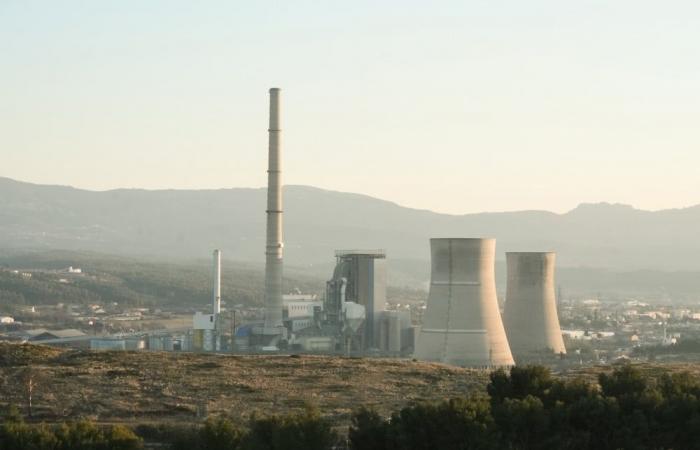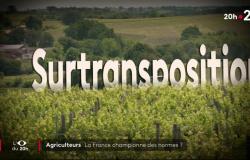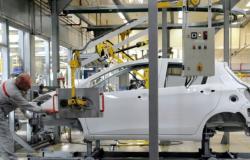An important step for the French energy transition begins with the return to service of the Gardanne power plant, converted to biomass. After months of uncertainty and negotiations, this relaunch marks a turning point in the energy sector.
A historic power station in flux
Initially designed for coal, the Gardanne power station, owned by GazelleEnergy (a subsidiary of EPH), underwent a major conversion to biomass in 2015. This technology is based on the combustion of organic and plant materials, an alternative presented as more sustainable in the face of climate challenges. However, economic difficulties and fluctuations in the fuel market have halted its production in 2023.
Thanks to a agreement signed with the Statethe plant now benefits from a repurchase contract indexed to the cost of raw materials, with a price oscillating between 250 and 260 euros per megawatt hour. This new framework guarantees financial sustainability for the next eight years. The State also invests 800 million euros to support this project, making Gardanne a key player in the French energy transition.
Restarting the plant as soon as January 2025 represents a relief for 500 direct and indirect jobsincluding 100 employees and nearly 400 subcontractors working in wood supply. According to Frédéric Farochepresident of GazelEnergie, this relaunch was essential to avoid massive layoffs and guarantee a stable future for these workers. However, significant adjustments were necessary. Annual production, limited to 4,000 hourswill be reduced by half compared to the initial objectives, in order to control costs and respect environmental constraints.
Environmental and critical challenges
The project has not escaped controversy. Although the wood used is certified sustainable, part of the raw materials come from abroad, notably from Brazil. Critics are emerging about the ecological impact of this importation, between carbon emissions linked to transport and logging. Furthermore, the negotiated rates, which are well above current electricity prices (approximately 67 euros/MWh), raise questions about the competitiveness of this model.
Summary table of key data:
| Element | Details |
|---|---|
| Technology | Biomass (organic materials, plants) |
| State investment | 800 million euros |
| Buy-back contract | 250-260 €/MWh |
| Contract duration | 8 ans |
| Expected annual production | 4,000 hours |
| Saved jobs | 500 (direct and indirect) |
A lever for the energy transition
The recommissioning of Gardanne takes place in a tense energy context, marked by post-coal challenges and fluctuations in the global market. By diversifying energy sources, France is aiming for increased energy security while respecting its climate commitments. However, questions persist: is this model truly sustainable in the long term? Do the environmental benefits outweigh the high costs to the taxpayer?
The coming months will be decisive in assessing the effectiveness and sustainability of this relaunch. But one thing is certain: the Gardanne power plant symbolizes a France in search of a delicate balance between economic imperatives and green transition.






